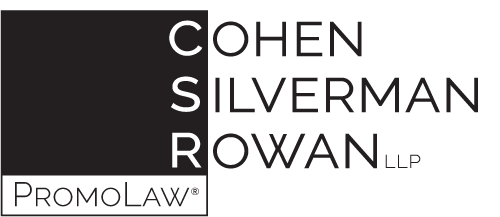Both Michigan and Utah have Child Protection Registry Acts that establish a state "Child Protection Registry." Both are fraught with potential problems, in their interpretation and application. Each state’s Registry contains minor’s information (or contact points) used by a minor or to which a minor has access. It is free to register the contact points, but an advertiser who wishes to have access to the Registry must pay per contact point.
Briefly, Michigan's law is directed to advertisers (and not ISPs). Advertising certain products is prohibited using a minor's contact point registered for more than 30 days on the Registry, including the minor's email, instant message, cell phone, or facsimile number. Michigan's statute prohibits sending, causing (or conspiring with another to send) messages whose "primary purpose is to, directly or indirectly, advertise or otherwise link to a message that advertises a product of service that a minor is prohibited by law from purchasing, viewing, possessing, participating in, or otherwise receiving." Thus, the statute is designed to prohibit the sending of messages regarding for example, alcoholic beverages, gambling, pornography, illegal substances.
Utah's law is vague and much broader and appears to implicate not only commercial communications that "advertise a product or service that a minor is prohibited by law from purchasing", but also potentially non-commercial communications (chat rooms or private emails) because it then states, "or contains or advertises material that is harmful to minors as defined in Sec. 76-10-1201." Which latter provision lists and defines nudity, sexual conduct, sexual excitement or sadomasochistic abuse.
